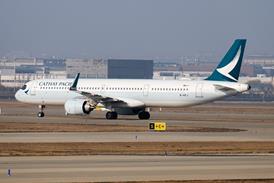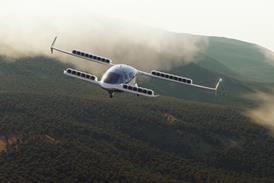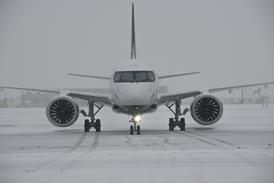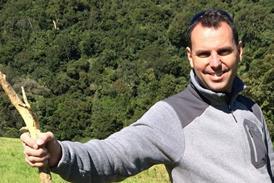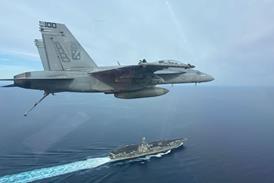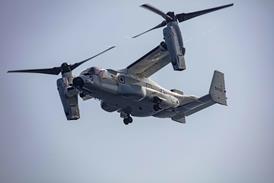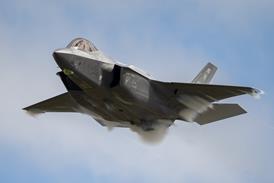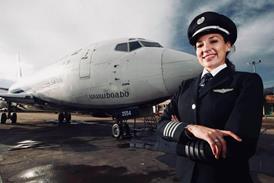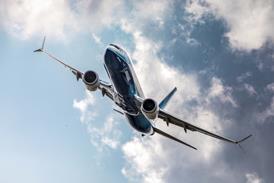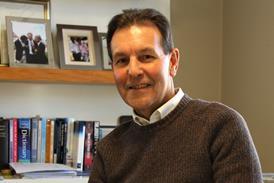Aircraft makers condemn four-fold increase in charges
Aircraft manufacturers on both sides of the Atlantic have reacted with consternation to the fledgling European Aviation Safety Agency’s (EASA) proposed four-fold price increase for some of its certification work.
Last year, a €13.5 million ($16 million) deficit in EASA’s finances prompted a crisis meeting of the agency’s management board to sort out its 2006 budget.
EASA proposes that annual fees for all type certificates (TC) for large aircraft with a maximum take-off weight (MTOW) greater than 50t should rise four-fold, up to €480,000 ($570,000), in addition to a 40% increase in the hourly rate charged for certification work and significant increases in fixed fees for design organisation approvals.
Similar increases for large aircraft with MTOWs less than 50t; large rotorcraft and turbine engines with take-off thrust of at least 25kN (5,600lb) or power output of at least 2000kW (2,600shp) are also advocated.
EASA, which claims the €9.5 million cash call is required to maintain its budget in 2006 and prevent any limitations on its services, has also commissioned consultants Deloitte to review its longer-term financial stability.
The Society of British Aerospace Companies (SBAC) says the proposals could increase annual costs by €500,000 for a large business and negate EASA’s founding principles of promoting cost efficiency through unitary certification.
“These extra costs suggest that EASA does not have the financial stability required to conduct the important regulatory role it has been given. The additional costs the changes imply will add a further burden to the competitiveness of the European aviation industry,” says the SBAC.
US General Aviation Manufacturers Association (GAMA) president and chief executive Pete Bunce warns the increases could be “only the first step”. He adds: “This uncertainty poses even greater concern to the future health of the general aviation industry in Europe.”
EASA says: “If the management board and the European Commission find the fees and charges need to be changed...this could be in place by the summer.”
AIMEE TURNER / LONDON
Source: Flight International

